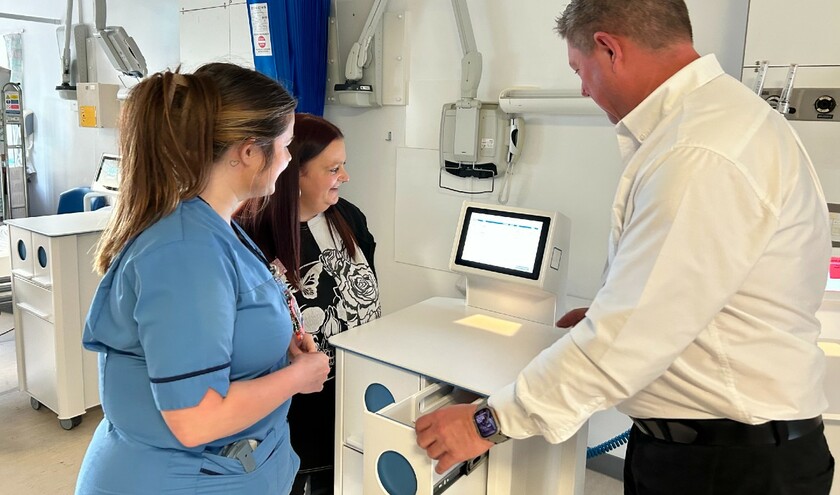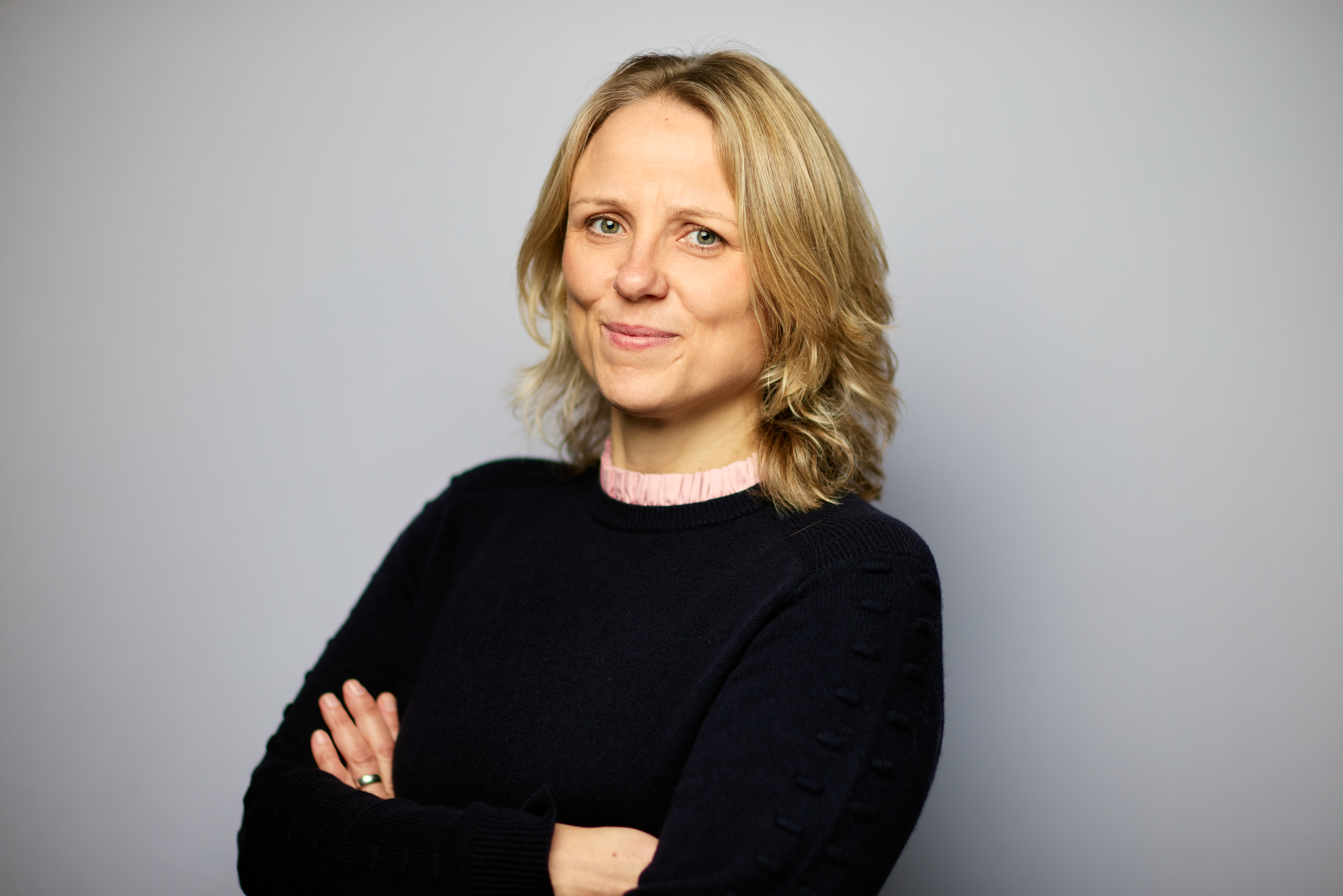The world-first new technology, provided by IT solutions firm Kinetic-ID, has tied in with the trust's plans to help facilitate the self-administration of medicines.
Staff are provided with updates from the Bedside Intelligent Cabinet, which alerts if any medication is missed.
Medication safety advisor at NHS Grampian, Lindsay Cameron, said: ‘Self-administration of medicine is about supporting individuals to take their own medication while in hospital. It's not suitable for every patient or every medicine, but it can improve patient satisfaction and confidence, encourage independence and self-care in a safe environment, and improve an individual's knowledge and understanding of their medication.
'This can help those already on medicines to continue to self-administer while they are admitted to hospital and others getting used to new medications to feel better prepared when it's time to go home.'
The trust's staff have suggested it would be great if newer models could generate a log of all medication the patient has self-administered, which is being considered by the team at Kinetic-ID.
Wayne Miller, senior solutions consultant at Kinetic-ID, added: 'The development of the Bedside Intelligent Cabinet would have been much, much slower without the input of NHS Grampian and I don't think we would ever get our product market-ready and fit for purpose without their help.'
He added: ‘We now have interest from other hospitals across the UK and beyond, and we really are grateful to the NHS Grampian Innovation Hub and all the nursing and pharmacy staff who have played their part.'
Next steps for the Bedside Intelligent Cabinet include exploring whether it's possible to sync its software to technology used by the hospital to keep patient records. This could help to automate the process of updating the machine with patients' prescriptions. There is potential for the technology to be used across the North of Scotland.



